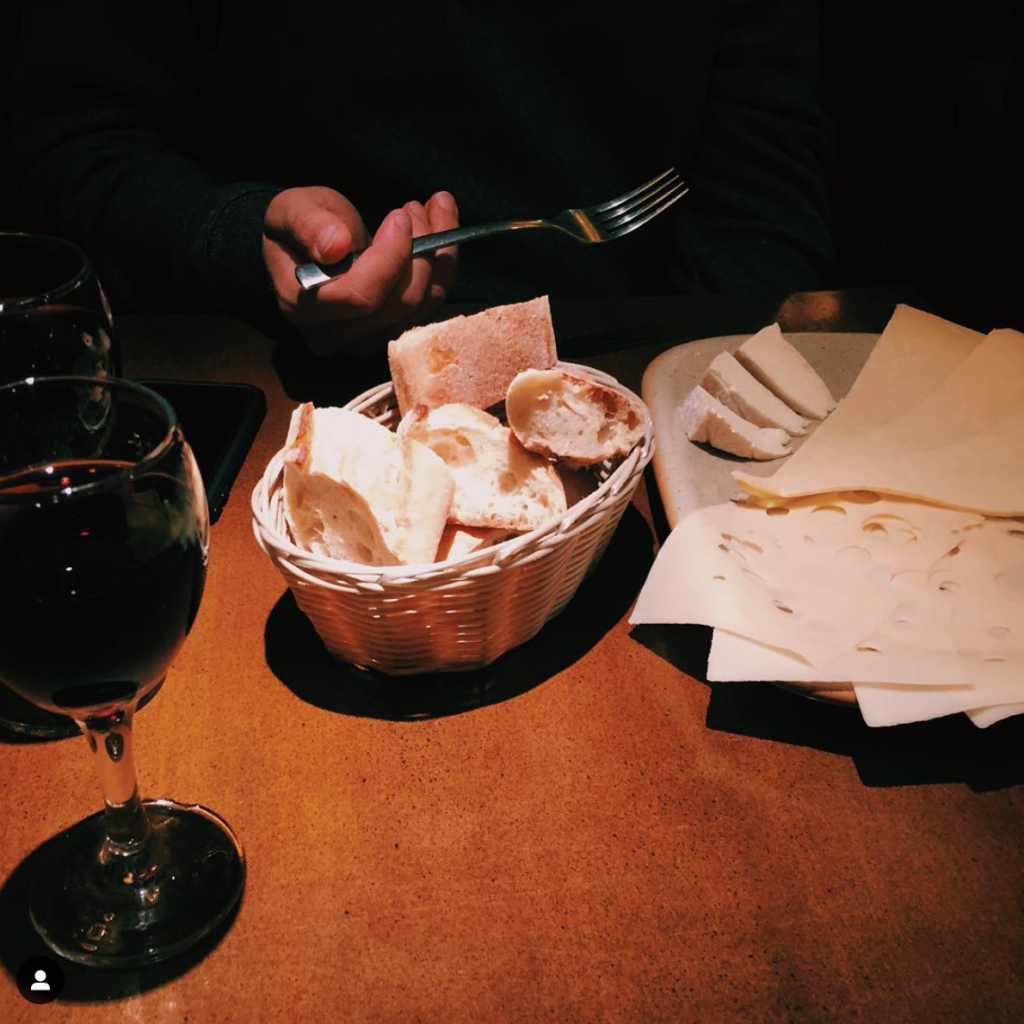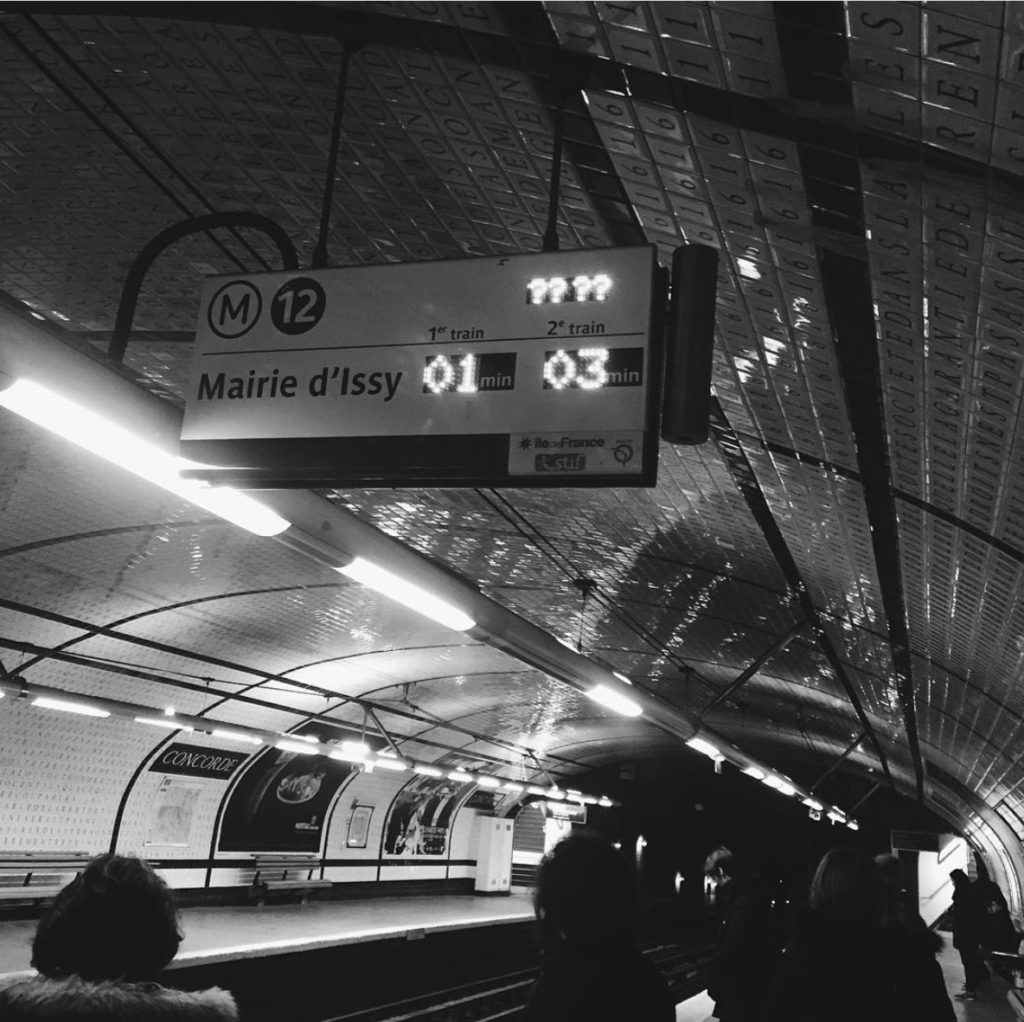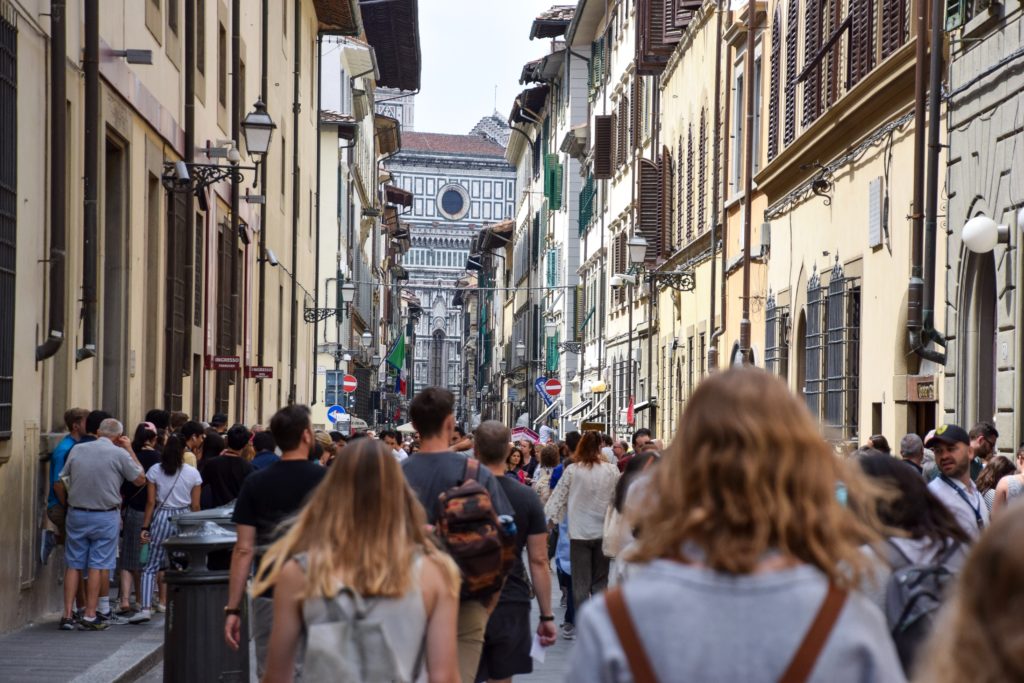By Arianna Babraj
[5 minute read]
Before changing my major from Public Policy to International Relations, I had a lot of doubts concerning my future career path and my academic focus. The most looming concern I had, however, was the language requirement that I had to complete as a part of my coursework. I had always dreaded my high school Spanish classes, and even though I had studied abroad in Italy during my freshman year, I had avoided studying Italian beyond the introductory level. When I was placed into Italian II at USC, I was convinced that I would fail and went in counting on the fact that I only had to get a “Pass” grade until Italian IV. So, I pushed my worries to the side and figured I would deal with that later.
I don’t think I have ever been more excited about a B+ than when I got my first Italian II exam back. After a few classes, surprisingly, I actually found myself looking forward to the lessons. By the end of the semester, I had even added a minor in Italian and was spending my free time learning vocabulary through listening to Italian songs and watching Italian TV shows. At the end of the semester, I made a pact with myself that I would go back to Italy when I reached a conversational level so that I could truly experience Italy, and fully get rid of my hesitations towards learning a new language.
The next semester, I walked into my first class as an Italian minor, determined to improve my speaking. My professor was one of the sweetest and most wonderful people I had ever met, and she is someone that I aspire to be like. She was supportive of me and my goals and took the time to get to know me both in and outside of the classroom. When I told her about my hopes of moving to Europe after graduation, she told me that she saw a lot of herself in me and encouraged me to take risks and go on adventures.
One summer, I took the risk of designing an independent research project with an IR professor which required me to conduct interviews with Italians in Italy. I was nervous of course, but I was confident in what my professors had taught me. On the plane ride over to Italy, I remember thinking how far I had come since my freshman year when I was too nervous to approach people on the street to ask for directions in Italian. Now, here I was, speaking with confidence and experiencing something new.
I was lucky enough to have a friend on this trip with me. We had both had the same Italian III professor and we both formed a strong relationship with her over our passion for the language. This same passion brought us together and gave us the opportunity to work on this project. This trip brought us even closer together, and we now consider each other best friends.
While on this trip, we received a message from our professor offering us the opportunity to visit her hometown and meet her mother. Unfortunately, my professor was not in Italy at the same time, but her mother was willing to host us with open arms. We were ecstatic and immediately accepted. Neither of us could believe that we were actually going to meet our professor’s mom and visit her hometown.
That day was one of the happiest and most beautiful days of my life. I don’t think I ever stopped smiling during my visit. The fact that we were there, speaking Italian and bonding with our professor’s family and friends was incredible. I was honored to have even received the offer of meeting her family and visiting her hometown. That day I truly felt that I had accomplished my goal. Never did I think when I set the goal of eventually returning to Italy, that it would lead me on such a beautiful adventure.
Featured Image by Christopher Czermak on Unsplash
Arianna is a recent USC graduate that received her B.A in International Relations. During her freshman year, she studied abroad for an academic year in Rome, Italy, and she continued to study Italian throughout her undergraduate degree. She loves traveling and learning about other cultures and, in her free time, she likes to take dance classes, go hiking, and watch movies.









